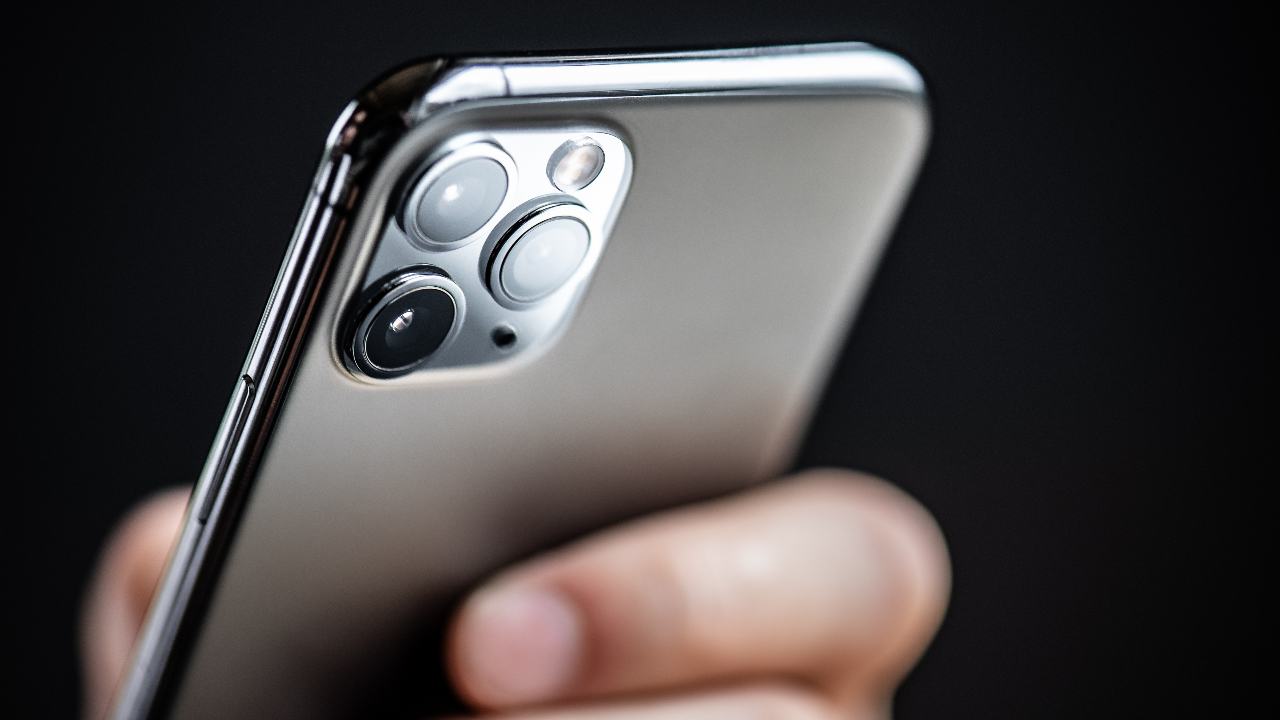Note with happy face and paper smart phone concept on blue background. Social media and digital … [+]
getty
I’ve never told this story before.
It was around 2007 when the economy started to wobble and creak. I wasn’t sure how to survive the downturn since most of my writing was for print magazines at the time.
I was looking for a way to stop the relentless pursuit. As a journalist starting out in 2001, I had published thousands of articles already, but many of them were for print magazines. Sadly, some of those magazines started to fold or move to online publishing only.
I knew about a minor little app called Twitter. It was supposed to be for sharing what you were doing, and mostly revolved around activities and geographic location.
I ignored it for an entire year, which is never a good idea when your job is to explain trends and innovations.
I’ll admit I didn’t really understand the value. I wasn’t alone. Those of us who remember Twitter and Facebook when they started out around this time know they were too new, too weird, and too untested to amount to anything. It’s crazy to think about now, but I remember signing up for Facebook the first time around 2007 as well. I didn’t like it. I deleted my account within a few months, bored silly. A friend saw me in person around this time and laughed about how I was “testing” Facebook and how it didn’t last long (he noticed I had deleted my account).
With Twitter, it was even stranger. I decided to sign up around 2007, but I didn’t like that platform either. There was something strange about sharing personal information on a new app like Twitter, long before it became part of mainstream culture. It felt pointless. After only a few posts with that original account, I decided to remove myself. I was relieved at first. Then, something strange happened.
I noticed other journalists would post links to their articles. Many of them stopped tweeting about what they were eating for lunch or which city they were visiting and used the platform for more legitimate purposes instead. You could make a case that journalists were the first to find value in social media beyond the basic idea of sharing random insights or food choices. I became intrigued all over again. I signed up for Facebook and Twitter againand started sharing my own links.
It was quite exciting when I set a goal to reach 800 followers on both platforms around this time. That seemed like a lot. I knew I had to put more effort into it, so I signed up for an app no one had ever heard about at the time called Sprout Social.
I was off to the races. Each time I posted a column, I also posted a link on my social media channels. I sat back and watched how the retweets would come along with the shares and the mentions. I tracked my success with the Sprout Social app. I posted daily. Far more important than that was when someone else mentioned an article.
Two of my all-time favorites: Mark Cuban once tweeted about an article of mine. The floodgates opened! (I wrote a semi-sarcastic piece about how he should not run for office because he is so good at entrepreneurship.) I can’t find the tweet anymore but the article still exists. My most favorite mention is this tweet from Elon Musk when he linked to one of my articles:
Social media saved my career around this time, because as we all know, the economic crisis of 2008 and 2009 hit us all pretty hard. I started sharing links constantly and still do; Every once in a while, a luminary shares a link to one of my columns here and it’s always fun to see the engagement, discussion, and even the banter back and forth. I even became a columnist and write this column today in part because of this burgeoning period of social media link-sharing.
I’m not sure how I would have survived without social media becoming a conduit for people to discover my articles and columns. I’d probably still be trying to use email.
I guess social media saved me from that dire condition as well.








![10 Google Search Statistics You Need to Know in 2022 [Infographic]](https://www.socialmediatoday.com/user_media/cache/91/d7/91d77ba46e3c187242f750d9e4e1ac1b.jpg)




